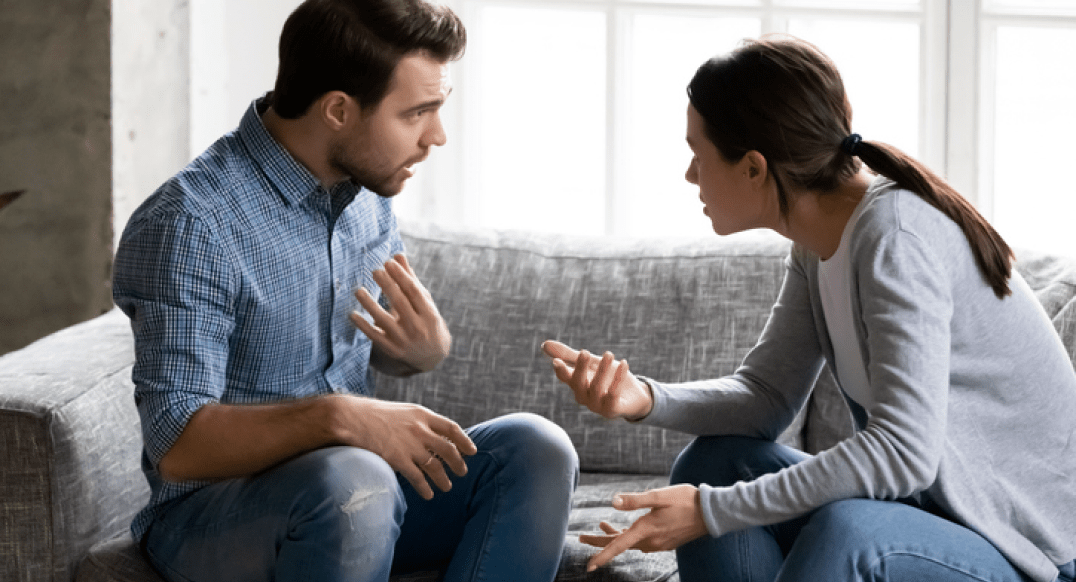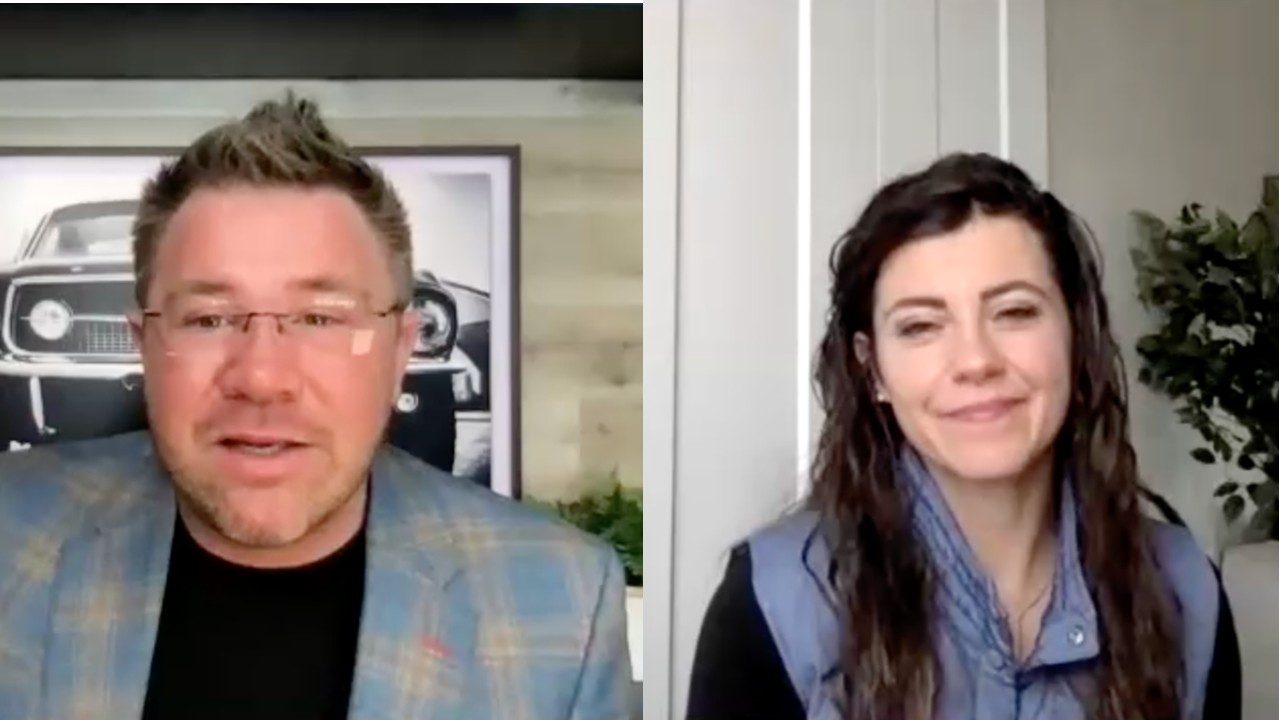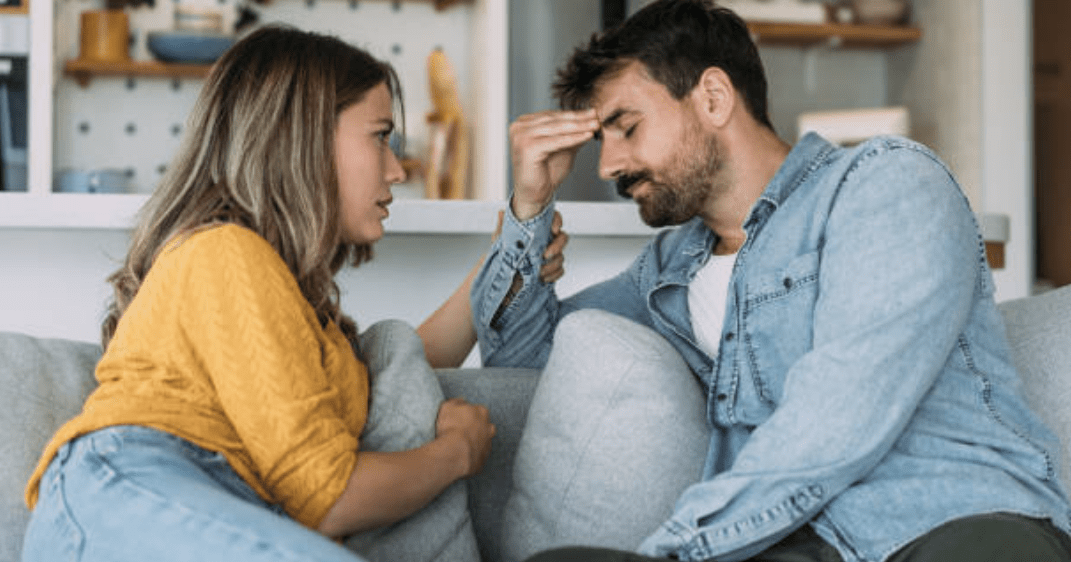Sharing the Truth of Your Destructive Relationships
This article is based on scientific evidence and clinical experience, written by a licensed professional and fact-checked by experts.
Posted: October 6, 2022
Estimated reading time: 4 minutes
In This article

In the last article on emotionally destructive relationships, we looked at journaling as a way to understand your reality. Now we are going to talk about letting someone into what’s happening in your relationship and your world.
Telling someone what’s been happening in your relationship is likely very intimidating. Maybe even scary. You might also feel guilty. Most destructive people communicate, either directly or indirectly, that you must keep their behavior a secret. You probably have also been trying to protect them by helping maintain their image so others view them in a positive manner.
The truth is that it’s okay to share with safe, trusted people in your life. First, you need the support that comes from healthy relationships. You’ll also need outside perspectives to protect you from being pulled into the destructive person’s view of reality. You’ve probably come to believe some lies about yourself along the way, like undervaluing your worth or that your thoughts don’t matter. These safe people can keep you grounded in truth as you face the challenges of an emotionally abusive relationship.
But how do you know who to choose?
Seek out people who will listen without judgement and without telling you what you should do. Navigating these relationships is complicated and you are the one who has to live with whatever course of action you choose. Instead, seek out people who believe you have the capability to make your own decisions, and who respect whatever you decide. Someone who will not tell you what to do, but also will speak the truth with love. It is no easy task but essential. Someone who can tell us when we may be about to make a bad decision or that our perspective is off, but who will not reject us even if we make a bad decision. They will be there with us to pick up the pieces later and not say “I told you so.”
These safe people also need to believe what you say. In your destructive relationship, you haven’t had a voice or perspective that’s validated by that person. Your safe people will do the opposite. They will understand and validate the truth of your experience as you share it with them. Realizing the extent and impact of a destructive relationship can leave you feeling like your whole world is upside down. It can be very tempting to try to ignore what is really happening because it’s so painful. Your safe people will gently but firmly help you to stay with the reality of your experience so you can make decisions based on what is really happening. It is painful to see this truth, but your safe people will stay with you so you will not be alone in that pain anymore.
Finding safe people might involve reconnecting with friends or family members you haven’t talked to in a while. Destructive relationships often isolate you from others, either because that person communicates you need to stay away from others or because you don’t want others to know what is going on. Now that you are committed to reaching out, consider which of these friends or family members might be able and willing to listen as you share.
Or, finding safe people might involve reaching out to someone new. A trained, professional counselor can help as you sift through the reality of your destructive relationship and provide support as you make decisions on how to move forward. There are also many options for groups, either online or in person where you can connect with others in similar situations. One such online group for women is called Conquer, run by Leslie Vernick. In person options include groups are very helpful, like Celebrate Recovery, which you can probably find at a local church, or Al-Anon, which can be helpful even if alcohol is not directly involved.
Let someone in one step at a time.
As we discussed in the last article, having your journal with you can help identify patterns of behavior as well as help communicate to your safe people what’s been happening. You don’t have to share every detail and private thought, but as you begin to share and your safe person responds with care, it will become easier to bring him or her fully into the pain of your situation. But, don’t but pressure on yourself. You don’t need to share all the details immediately. Start where you feel comfortable and as the person demonstrates their care for you, you’ll be able to continue to open up about what is happening in your relationship.
It can be scary to start to talk about what you’re living with, but as you gradually start to let safe people in to share your reality, likely you will feel some relief. You won’t be alone with it anymore and you will have taken the next step in your amazing recovery.
Back to topThis article is based on scientific evidence and clinical experience, written by a licensed professional and fact-checked by experts.
About the Author

Sarah Williams
Sarah Williams MA, is a Certified counselor with a Master’s in Professional Counseling with a concentration in Spiritual Formation.
Learn More About Sarah







